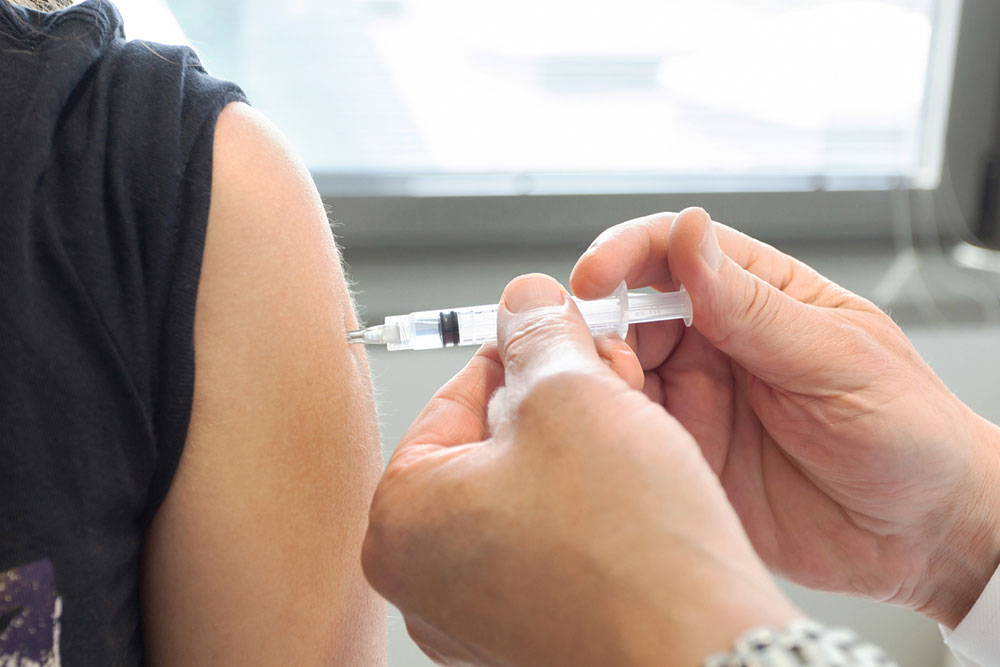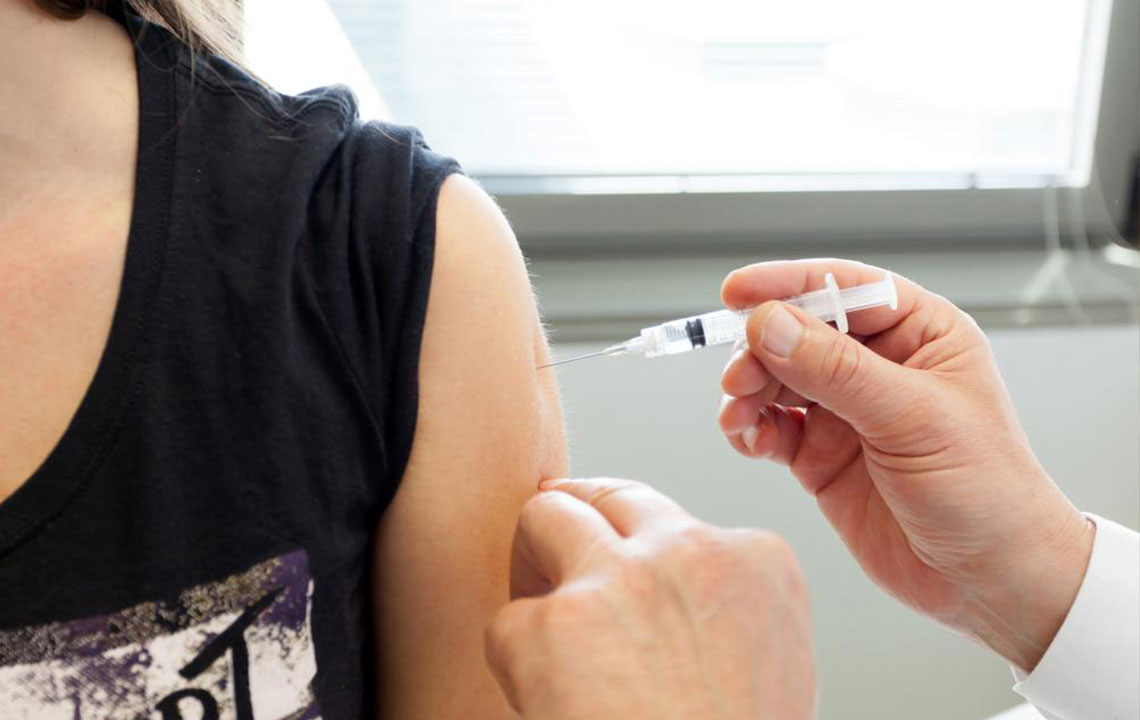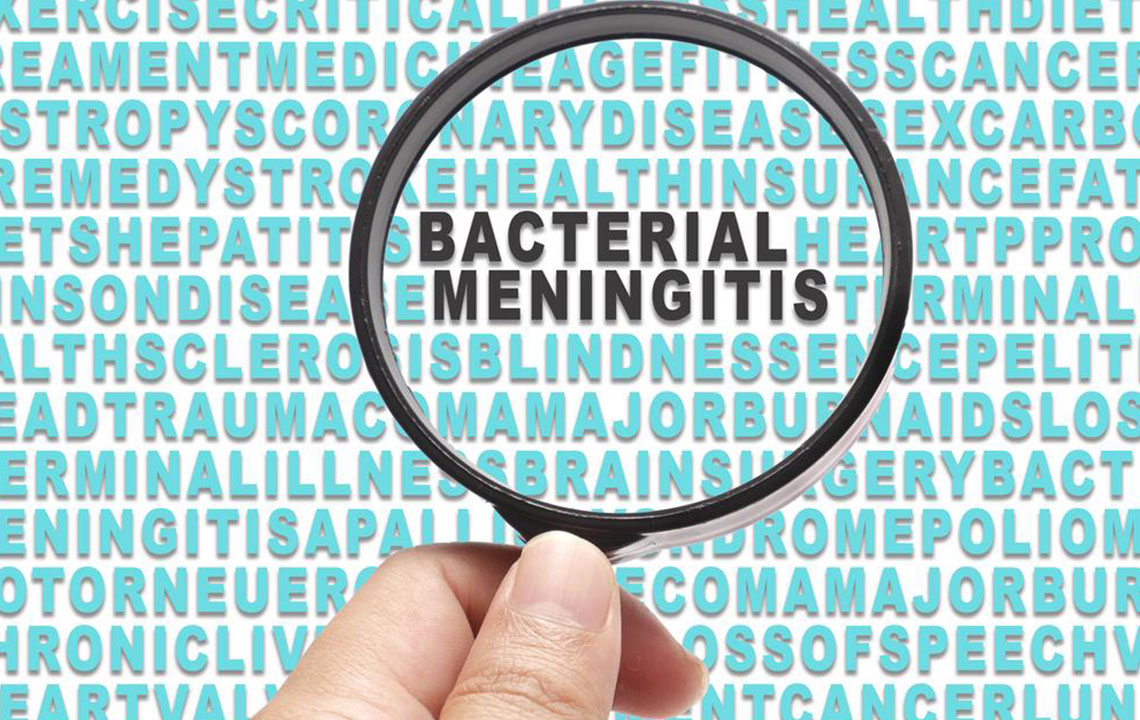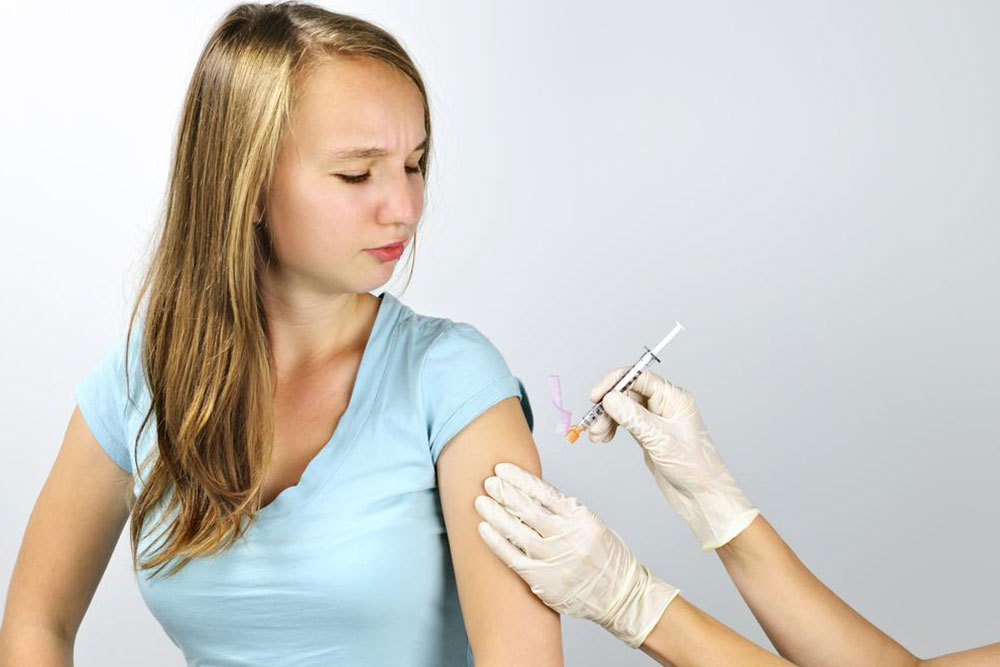Essential Guide to Meningitis Vaccines and Protection
This comprehensive guide covers essential facts about meningitis vaccines, including who should get vaccinated, transmission methods, prevention strategies, and recommended schedules for different age groups. Protect yourself and your loved ones from meningococcal disease with timely immunizations and awareness of high-risk populations.

Essential Guide to Meningitis Vaccines and Protection
Meningitis vaccines are crucial for defending against the meningococcus bacteria, which can cause severe meningitis and bloodstream infections. The bacteria are spherical, typically found in pairs, and classified into five main groups: A, B, C, W, and Y. Studies show that about 10% of people carry these bacteria silently without symptoms. Meningitis can lead to serious complications, including neurological damage. High-risk groups include infants, teens, travelers to endemic regions, and immunocompromised individuals. Immunization and antibiotics are key in prevention.
Young children, teenagers, and young adults face higher susceptibility to meningitis.
Communities with dense populations, such as colleges, are at increased risk.
Individuals lacking spleen function, with immune deficiencies, or HIV-positive are especially vulnerable.
Regions like sub-Saharan Africa experience frequent outbreaks, making travelers to these areas more prone.
How is meningitis transmitted?
Meningitis spreads mainly through saliva and respiratory secretions, requiring close and prolonged contact. Casual air-sharing poses less risk, but household members of infected persons should seek antibiotic prophylaxis to prevent illness.
The disease can be prevented effectively with vaccines and antibiotics. Vaccines protect against the five main bacterial groups, although they do not guarantee complete immunity. Several age-specific meningitis vaccines are available, tailored to different risk levels and regions.
Vaccination recommendations by age:
2 months to 10 years: High-risk children should receive conjugate vaccines like MenACWY or Hib-MenCY-TT, especially during outbreaks or for travel. Booster doses may be administered for ongoing protection.
11 to 18 years: Typically, two doses of MenACWY are recommended based on timing—first between ages 11-12, then a booster at 16. Adolescents who start vaccination later may need only one dose.
18 years and older: Adults with specific risk factors, such as splenectomy, immune deficiencies, or frequent exposure, should get MenACWY or MPSV4 vaccines. High-risk groups include microbiologists, travelers, military personnel, and residents in outbreak zones.
Serogroup B meningitis vaccination: This can be administered at any age, especially to those at heightened risk due to health conditions or travel. The vaccine covers individuals aged 10-23 for short-term immunity and is recommended for high-risk adults beyond 19 years.
Important Note:
Our website provides diverse health-related information, based on research and data. However, content should not replace professional medical advice. We are not responsible for discrepancies or inaccuracies across other sources. Always consult healthcare providers for personalized guidance and check for local vaccination schemes and updates.










